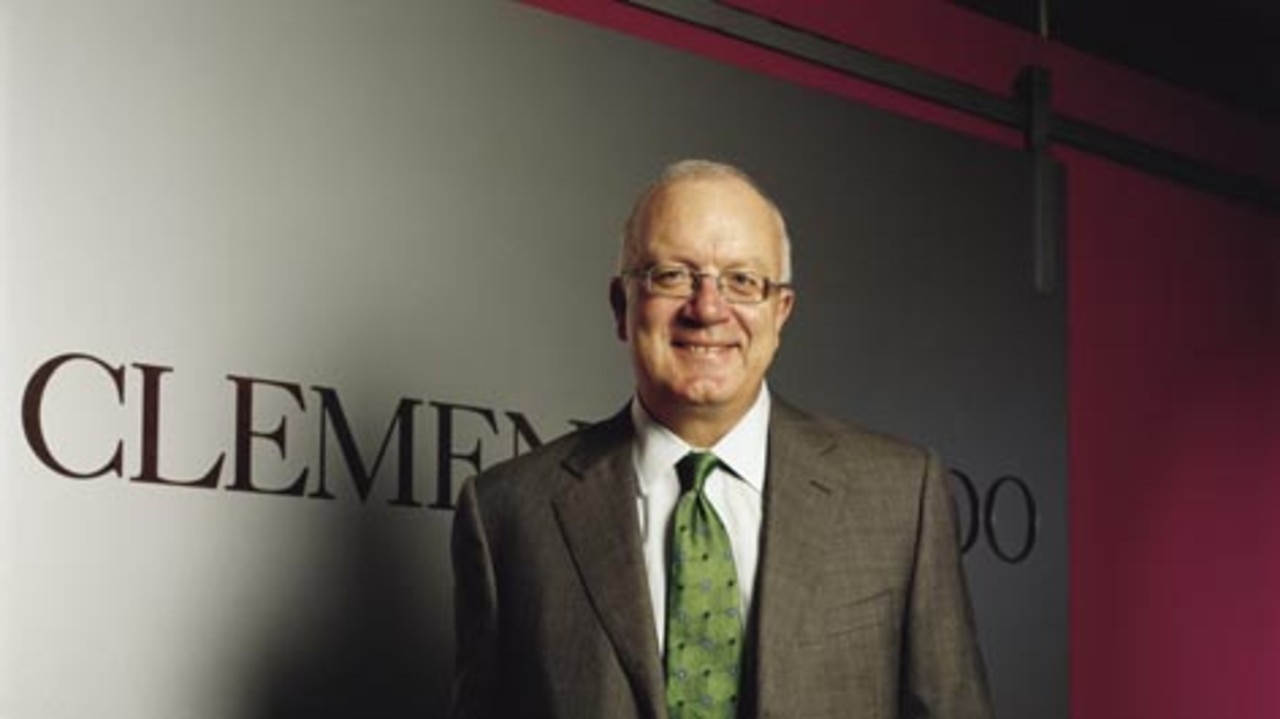Global advertising mavens debate ‘creativity beyond the comfort zone’
Would audiences watch robots play in FIFA: Women’s World Cup? Some of the world’s most influential and prolific creative leaders explain the human truth behind generative AI at a Growth Agenda event in Sydney last night.
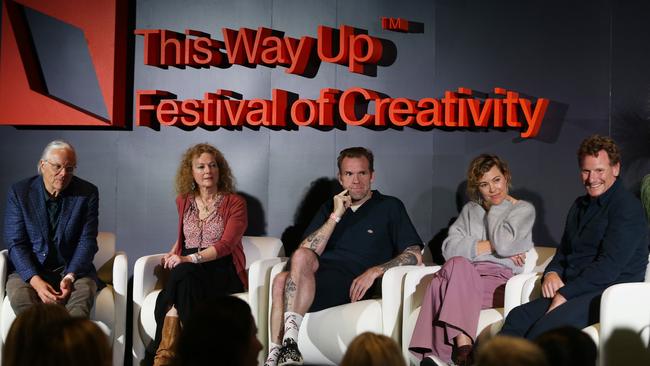
Top marketers and advertising leaders gathered for a Growth Agenda event last night as part of Advertising Council Australia’s (ACA) annual Festival of Creativity, This Way Up, in Sydney.
By the harbour’s edge at the Museum of Contemporary Art, the event was attended by Michael Miller, executive chairman of News Corp Australasia, Tony Hale, chief executive of ACA, Mark Green, ACA chairman, as well as chief marketing officers (CMOs), advertising agency leaders and ACA board members.
Some of the world’s most influential and prolific creative leaders in advertising, marketing and the film industry comprised a panel last night to debate “Creativity beyond the comfort zone”.
That disruption is currently impacting businesses on a number of fronts – from the maturation of generative AI to a tightening economic landscape – however panellists in attendance said now is the time to use creativity to push beyond what is considered “familiar”, to drive business growth and make change.
Acclaimed Australian actor, writer and director, Mirrah Foulkes, whose first feature film included the award-winning feminist revenge tale, Judy and Punch starring Mia Wasikowska and Damon Herriman, said she firmly believes in pushing through the creative comfort zone.
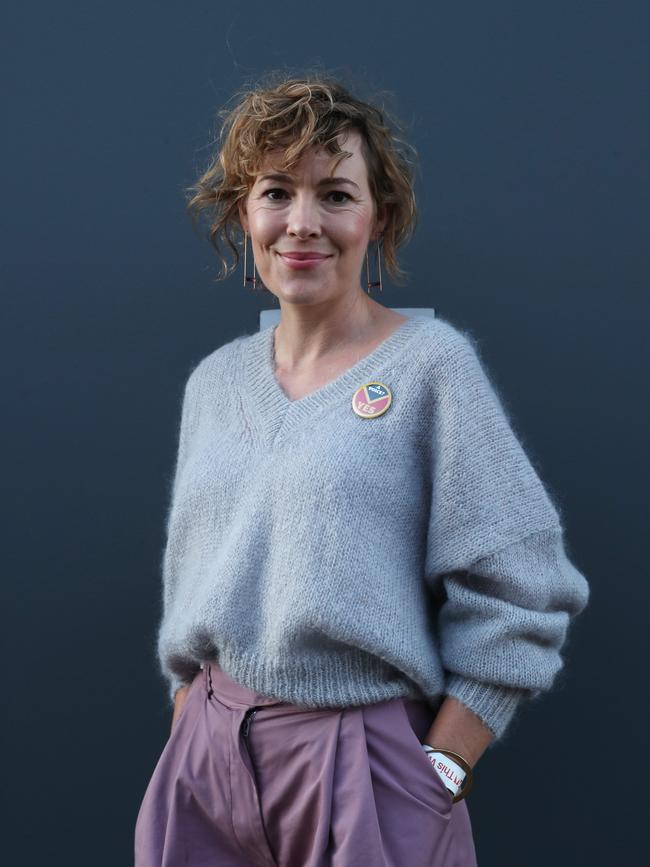
“I’m fascinated and intrigued by discomfort and I kind of weirdly, perversely like it, because I think it brings out better work in me,” she said.
Panellist and group executive creative director at VMLY&R New Zealand Kim Pick, argued brands should not rest on their laurels. “Success in the past does not equal success in the future.”
Generative AI is among many disruptors forcing change upon businesses, whether they are prepared for it or not.
It has already up-ended processes and outputs in many industries, including roles that produce content of any kind – and the technology was topic that was front-of-mind among experts speaking at the event.
But as large language models mature – the kind that scrape data from the internet to generate text or image based content – human-led creativity should be protected, the panel argued, in order for brands to stand out and ensure they are differentiated from their competitors.
One example of why human-led creativity is important for brands came in the form of the cultural and commercial buzz surrounding FIFA: Women’s World Cup and, in Australia, the progression of The Matildas throughout the tournament.
Legendary advertising maven, Jeff Goodby, co-chairman of renowned ad agency Goodby, Silverstein & Partners and who hails from San Francisco, California, felt the groundswell of energy that has swept the nation in the lead up to The Matilda’s semi final last night, which broke TV audience and attendance records in recent weeks.
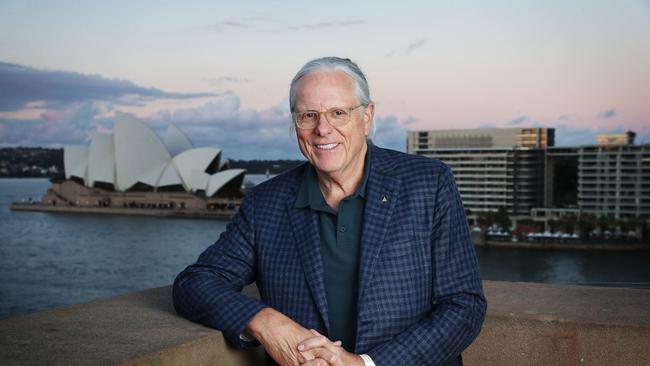
Speaking prior to The Matilda’s loss against England last night, Mr Goodby explained how creativity must be “interesting” at a human level. He said in order for marketers and businesses to get that work, human-led creativity trumps machines.
“People are still really important and you know, we’re not going to go watch robots play football tonight, we’re going to watch people play. And we would not find it interesting to watch robots play,” Mr Goodby said.
Acclaimed chief creative officer of advertising agency Orchard New York, David Kolbusz agreed, and added: “If for some reason there was a time where we did watch robots play football, the inherent interest in it is, like – you want to know who created the robot that won.”
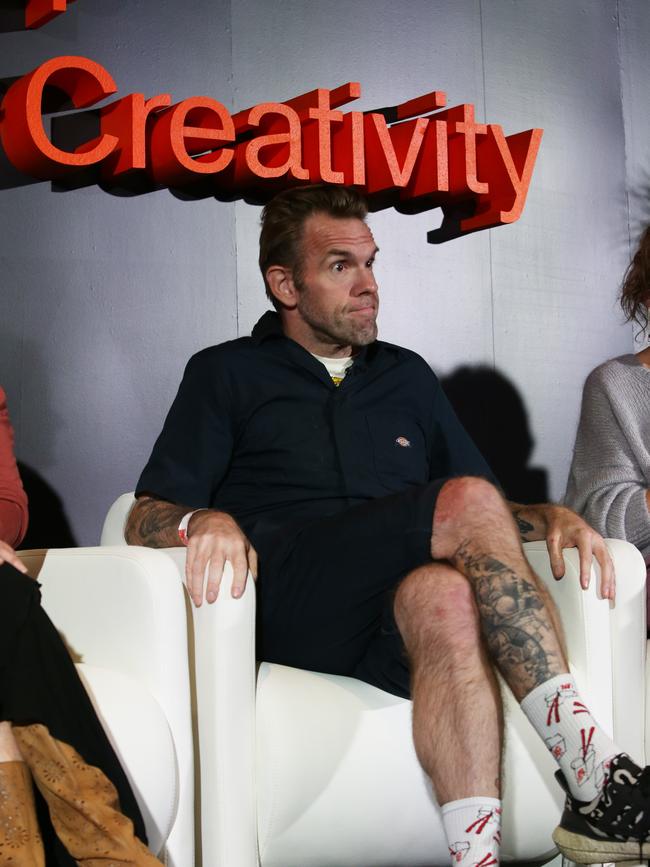
The panel discussed how creativity – the kind that drives growth for businesses and can spark change – is also an inherently “human” trait, and that should be embraced by brands now more than ever.
“The joy of creating is actually being human,” Ms Pick added.
“Being inventive is almost like a truth in humanity, which is the joy of seeking ideas and growing.”
Mr Goodby said that it’s up to individuals and companies to use tools such as generative AI with caution.
“I think the big danger of the AI thing, is that it will make us settle for good instead of great, you know, and the humans need to step in and make that decision,” he said.
Brooklyn-based Nick Law, creative chairperson at Accenture Song and former Apple VP added that for brands and businesses to remain relevant, “creativity audacity” will be a requisite.
“This general purpose model is basically combining and recombining things from the past. It doesn’t mean it can’t come up with things that are interesting, and through synthesis, sometimes they’re new in a way. But there’s nothing newer than an audacious thought that comes out of the weird and perverse minds of creative people,” he said.
“At a time where I think these models will create such an abundance of content, mediocrity will be for free.”
Read more in The Growth Agenda on Monday 21 August.






